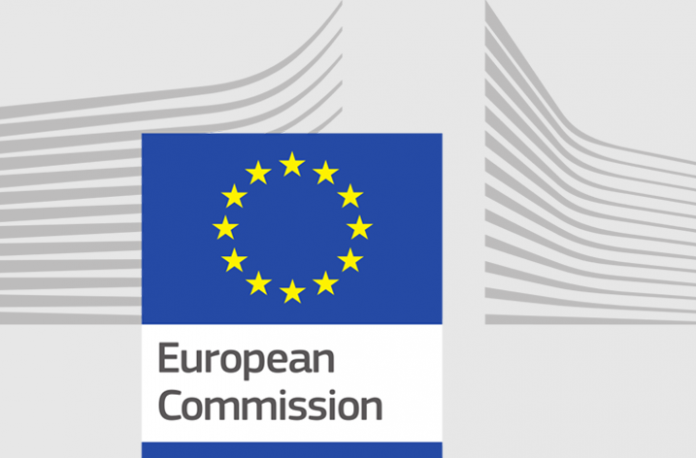
Today the Council has adopted conclusions on the ‘high quality, transparent, open, trustworthy and equitable scholarly publishing’, in which it calls for immediate and unrestricted open access in publishing research involving public funds.
The hazards of scholarly publishing
If we really believe in open science, we need to make sure that researchers can make their findings available and re-usable and that high-quality scientific articles are openly accessible to anyone that needs to read them. This should be particularly the case for research that benefits from public funding: what has been paid by all should be accessible to all.Mats Persson, Swedish Minister for Education, Ministry of Education and Research
Scientific articles and other forms of scholarly publishing continue to be the primary means of disseminating research results and scientific findings. However, far from every article is available to other researchers or other interested readers. The costs of paywalls to access and publish articles are becoming unsustainable and the publication channels for researchers are frequently in the hands of private companies, which often control the intellectual property of the articles. The peer review of articles is essential to assure the quality control of the articles, but this process comes with challenges such as increased numbers of submissions and reviewers’ fatigue. There is also an issue with predatory and questionable publishing practices.
In its conclusions, the Council calls on the Commission and the member states to support policies towards a scholarly publishing model that is not-for-profit, open access and multi-format, with no costs for authors or readers. Some Member States have introduced secondary publication rights into their national copyright legislation, enabling open access to scholarly publications which involve public funds. The Council encourages national open access policies and guidelines to make scholarly publications immediately openly accessible under open licences. The conclusions acknowledge positive developments in terms of monitoring progress, like within the framework of the European Open Science Cloud (EOSC), and suggest including open science monitoring in the European Research Area monitoring mechanism. The Council conclusions also encourage Member States to support the pilot programme Open Research Europe (to create a large-scale open access research publishing service), the use of open-source software and standards, to recognise and reward peer review activities in the assessment of researchers as well as to support the training of researchers on peer-review skills and on intellectual property rights.



























